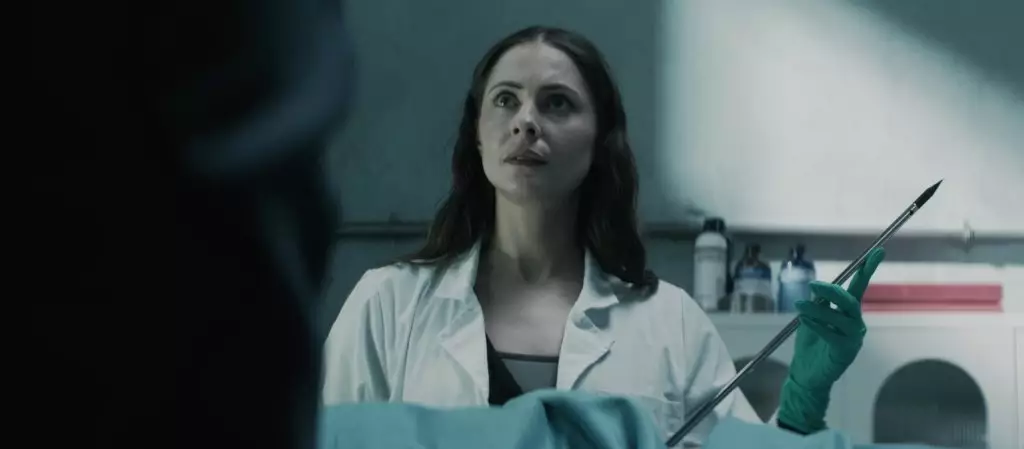In recent years, the entertainment industry has seen a surge in horror adaptations, often glorifying macabre themes and visceral terror. The announcement of Shudder’s acquisition of *The Mortuary Assistant* film exemplifies a troubling trend where horror media, instead of serving as a vessel for social commentary or psychological insight, becomes a landscape obsessed with shock value. While some argue that horror provides catharsis and serves as a reflection of societal fears, the recent emphasis on gruesome special effects and demonic rituals raises questions about whether we are fostering a culture desensitized to violence and trauma. This piece of media, stacked with supernatural horrors, superficializes the concept of trauma—reducing complex human experiences to mere visuals and frights that ultimately numb audiences from genuine empathy.
Commercializing Darkness: From Cult Classic to Hollywood’s Commodification
The transformation of *The Mortuary Assistant* from an indie video game to a cinematic spectacle underscores a broader commercialization of horror. It’s evident that major studios and streaming platforms are eager to capitalize on the genre’s profitability rather than invest in stories with meaningful substance. By expanding the game’s mythos for cinematic appeal, producers appear more concerned with creating a marketable product than cultivating authentic storytelling. The film’s release, scheduled for 2026, seems less about engaging viewers on an intellectual level and more about ticking boxes for genre fans craving the next adrenaline rush. This commodification reduces horror to a mere vehicle for financial gain, stripping away potential for social critique or emotional depth that could elevate the genre beyond superficial fears.
Misuse of Mythology and the Perpetuation of Fear
Horror’s reliance on demonic entities and supernatural lore, exemplified in this adaptation, risks perpetuating fear-mongering narratives that can impact societal perceptions of faith, mental health, and cultural trauma. Instead of providing a nuanced exploration of human fears—like grief, alienation, or injustice—the genre often resorts to simplistic evil archetypes. This can foster an environment where fear becomes a tool for mass manipulation, rather than a catalyst for reflection. When horror films highlight ritualistic demonic possession without context, they exploit cultural symbolism, potentially reinforcing stereotypes and fostering intolerance. *The Mortuary Assistant*, by building its narrative around these dark rituals, risks contributing to a climate where horror is less about confronting societal issues and more about perpetuating sensationalism.
The Toxic Culture of Horror Obsession
Finally, the obsessive focus on horror’s spectacle can have detrimental effects on mental health, especially among vulnerable audiences. The push for more intense, terrifying content fosters a culture where discomfort is sought after, often leading to desensitization and a blurred line between fiction and reality. While horror can serve as a safe outlet for confronting fears, a continual diet of extreme visuals and supernatural dread can diminish empathy and compassion. The industry’s emphasis on creating ever more shocking content, as exemplified by the upcoming *The Mortuary Assistant*, raises ethical concerns about the responsibility of creators to produce stories that challenge, educate, or inspire rather than simply terrify.
In essence, the current trajectory of horror adaptation reveals a deeper societal failure to address real issues, choosing instead to indulge in darkness for profit and entertainment. This trend threatens to erode the empathy necessary for a compassionate, aware society, transforming horror from a mirror of our collective anxieties into a commodified spectacle that numbs rather than enlightens.

Leave a Reply